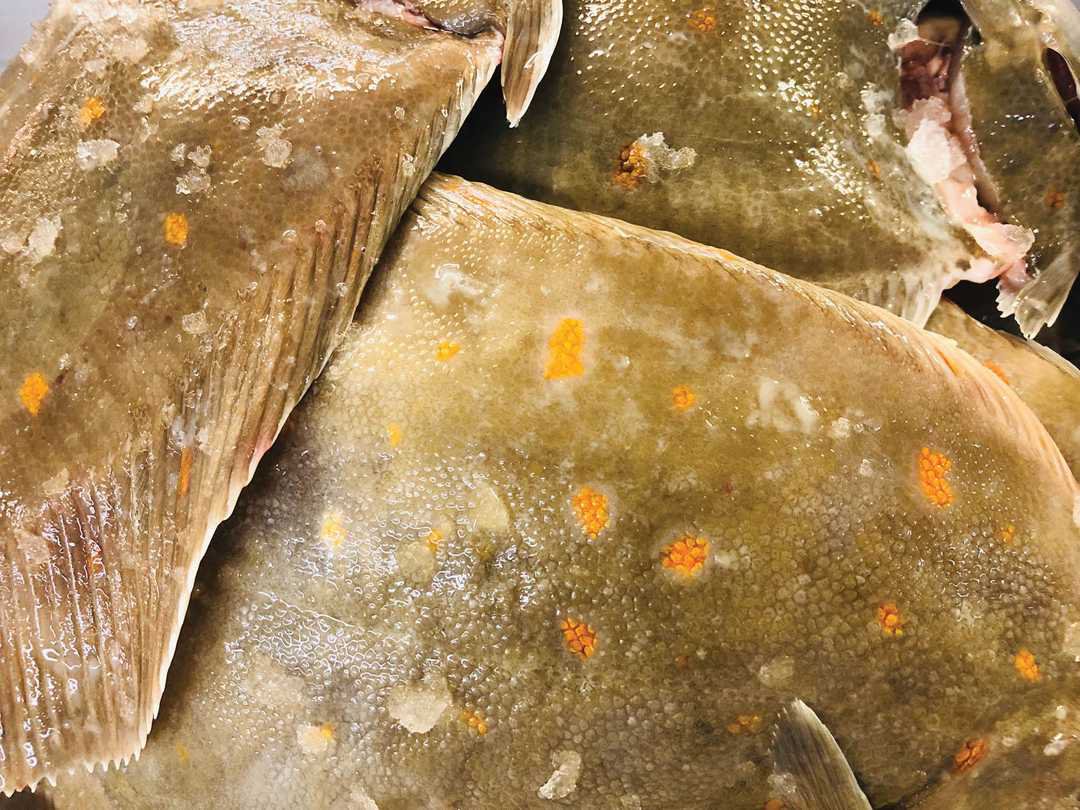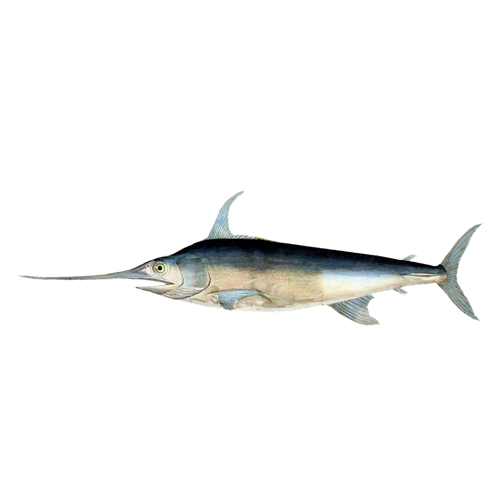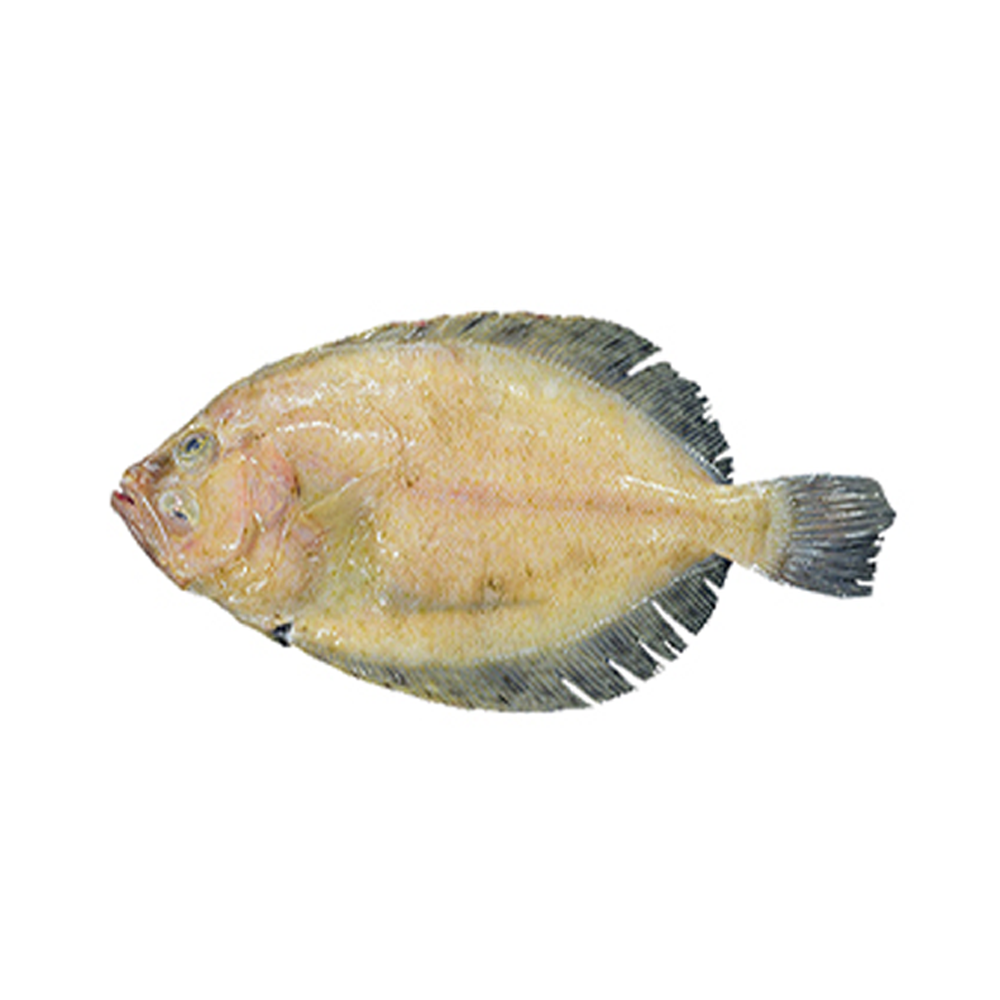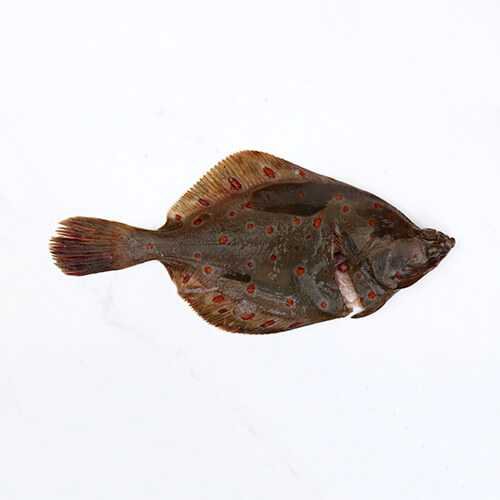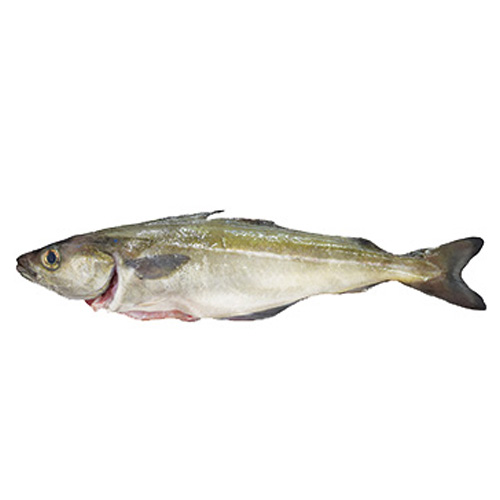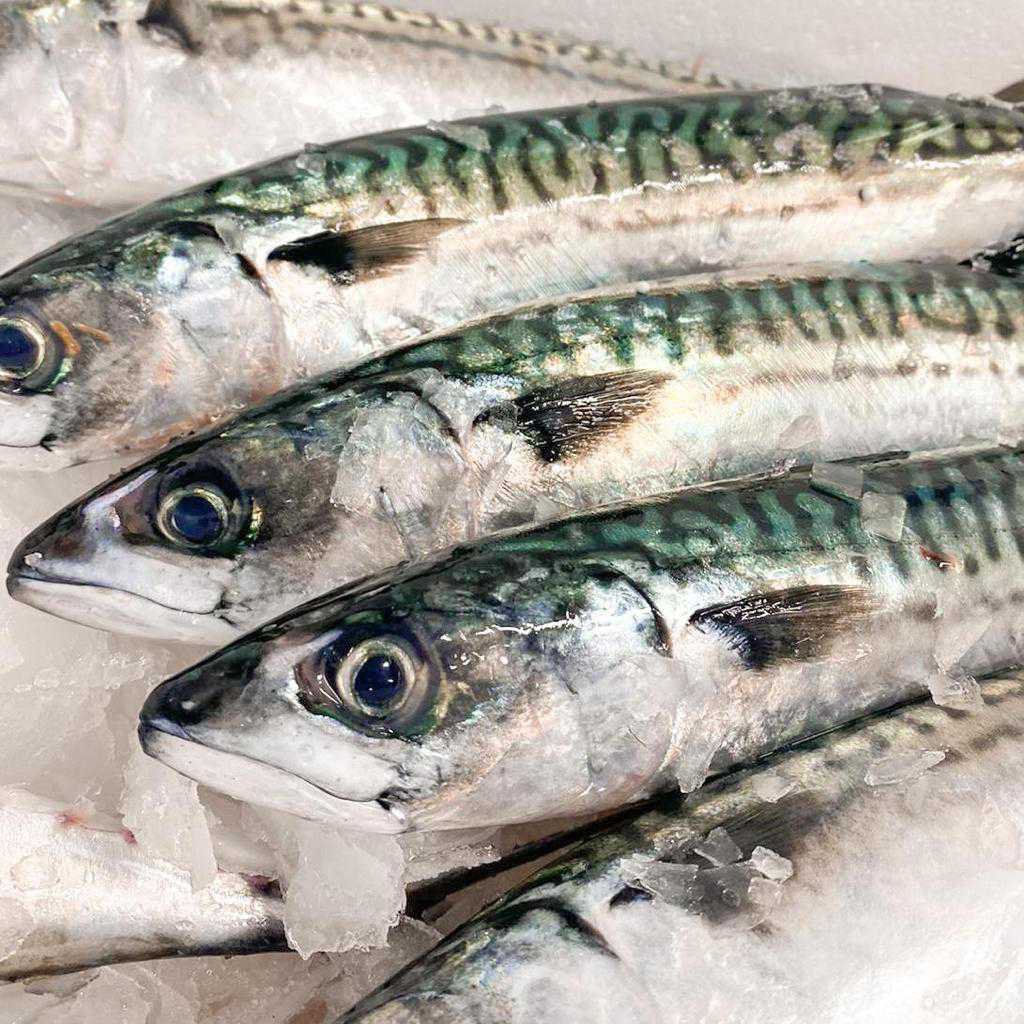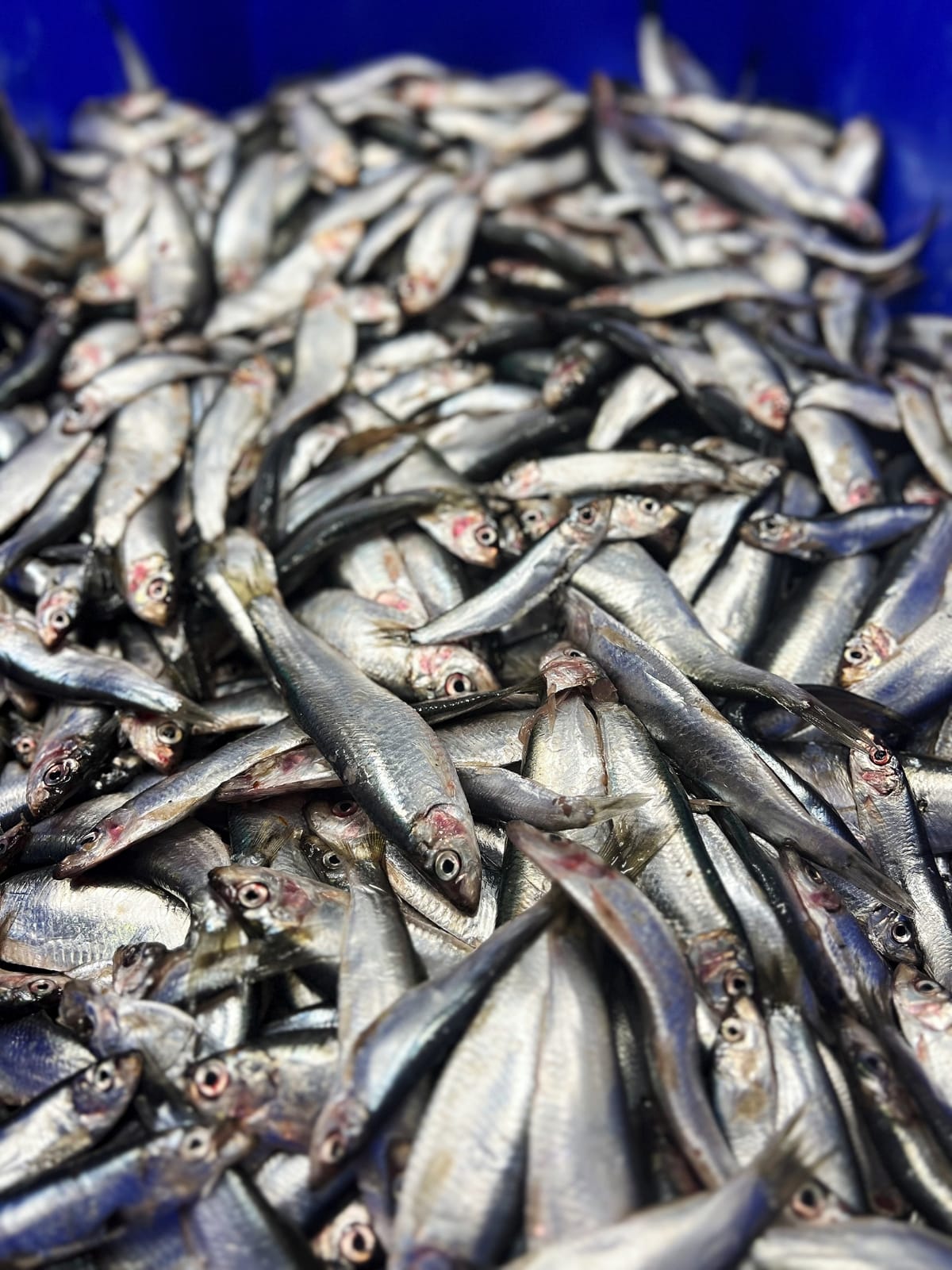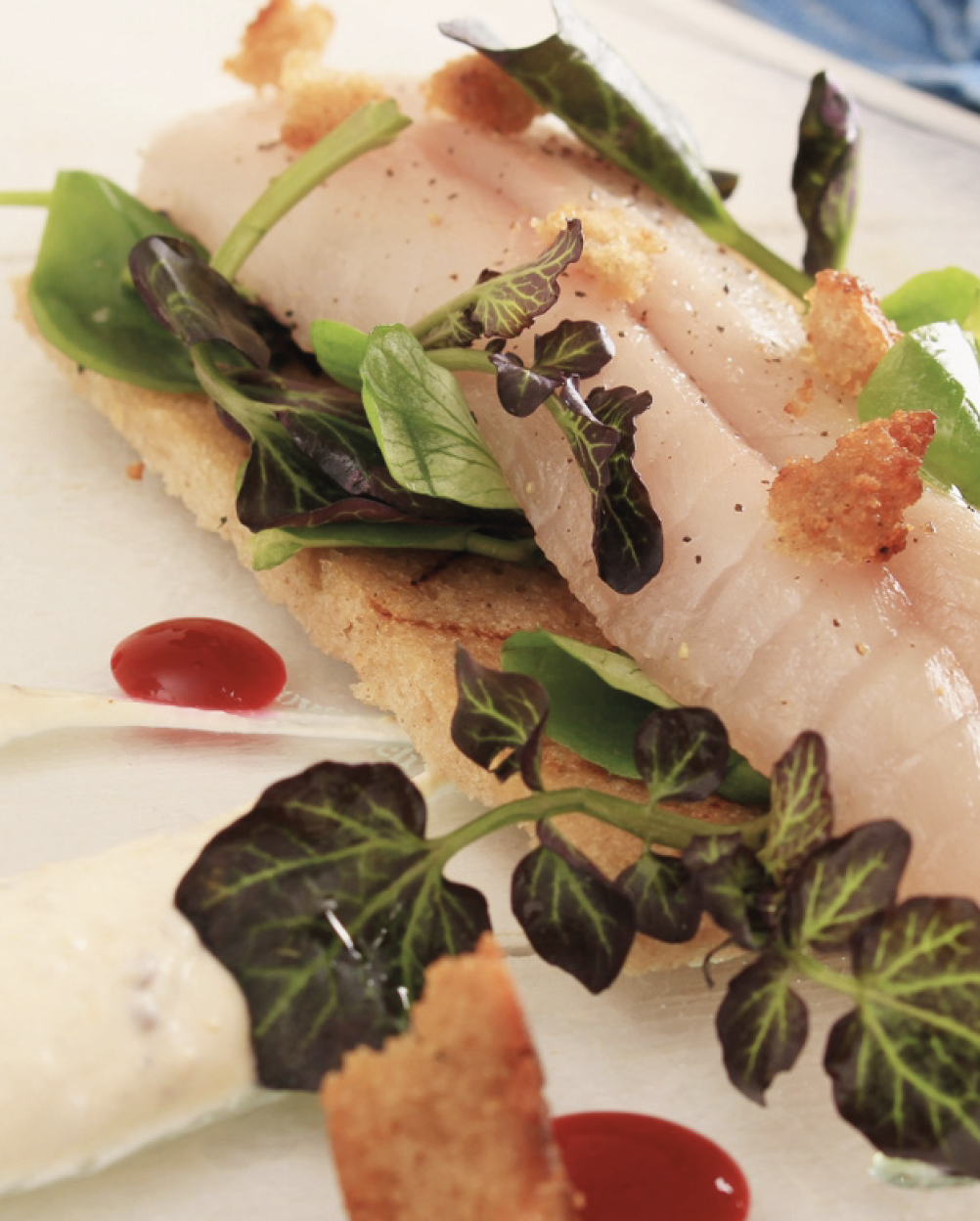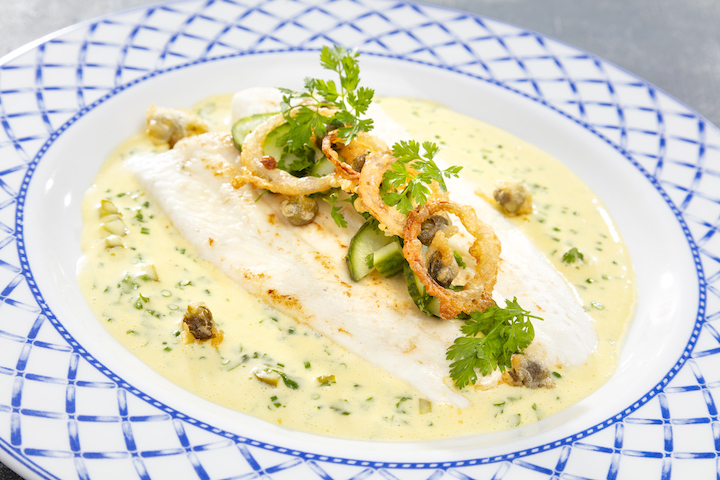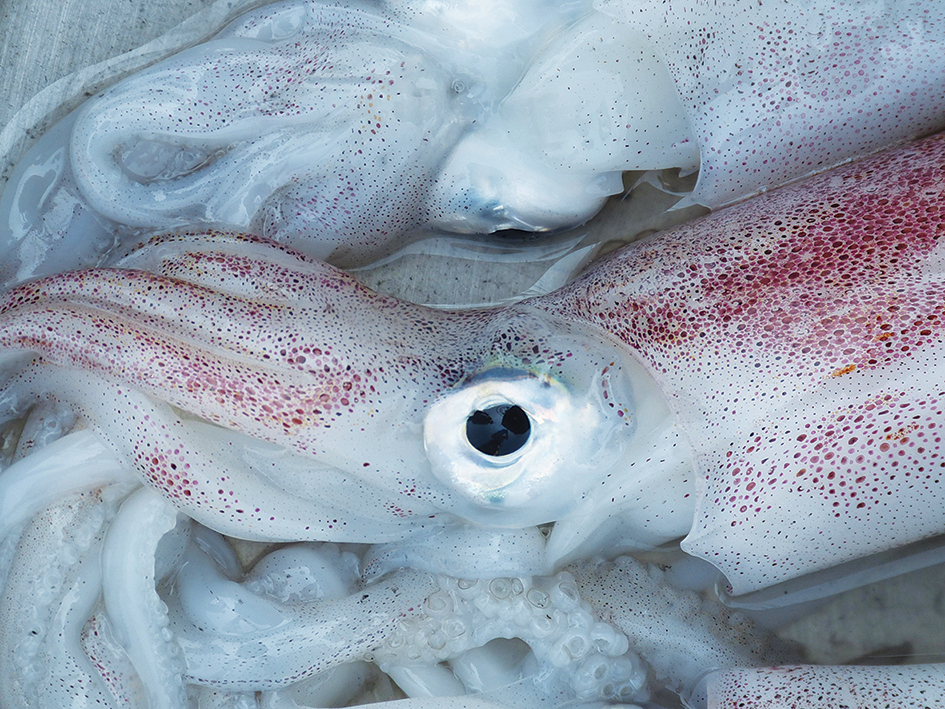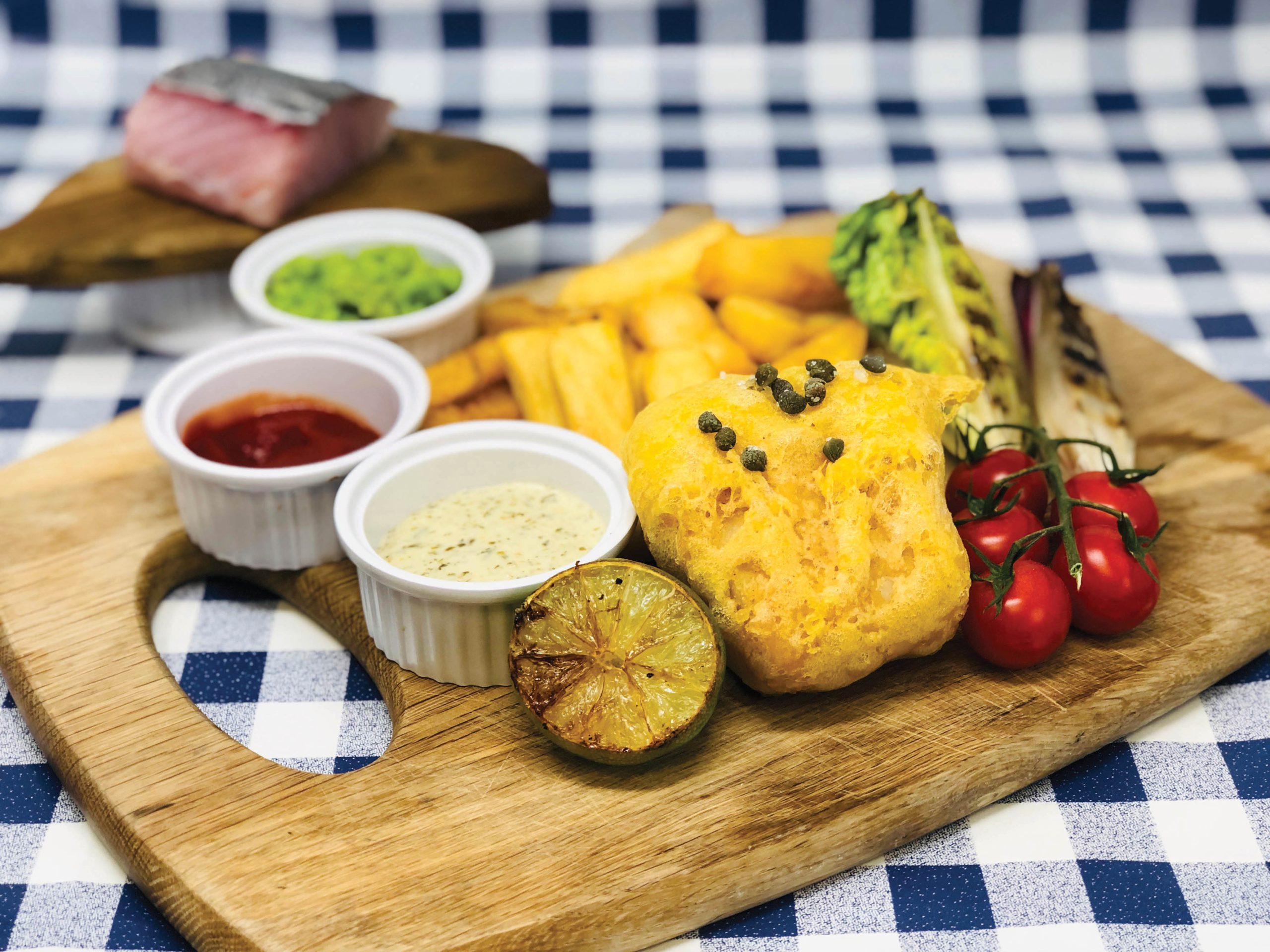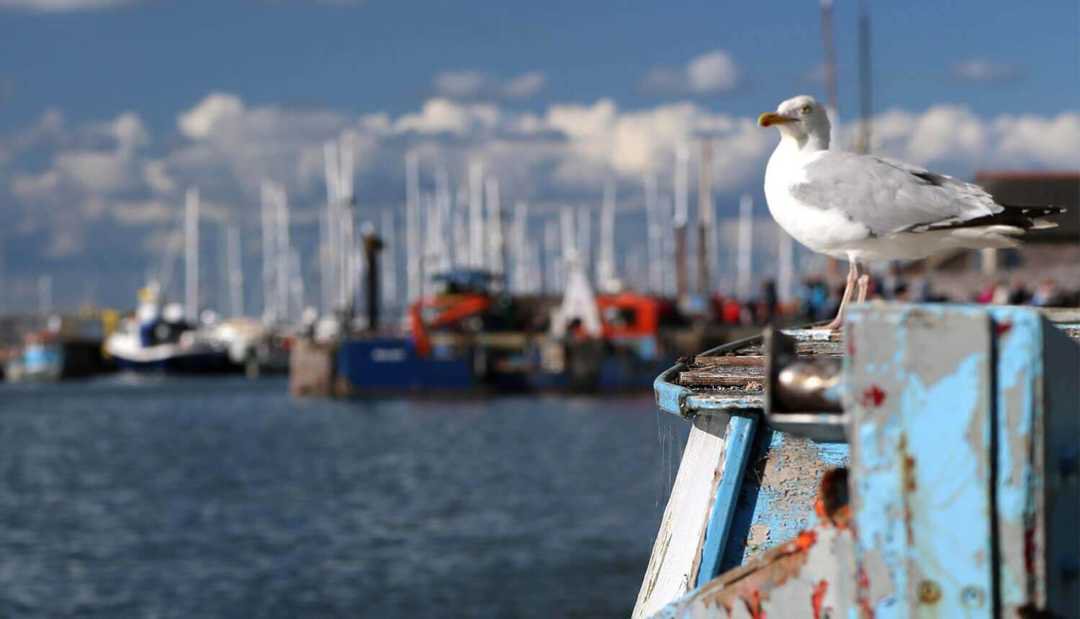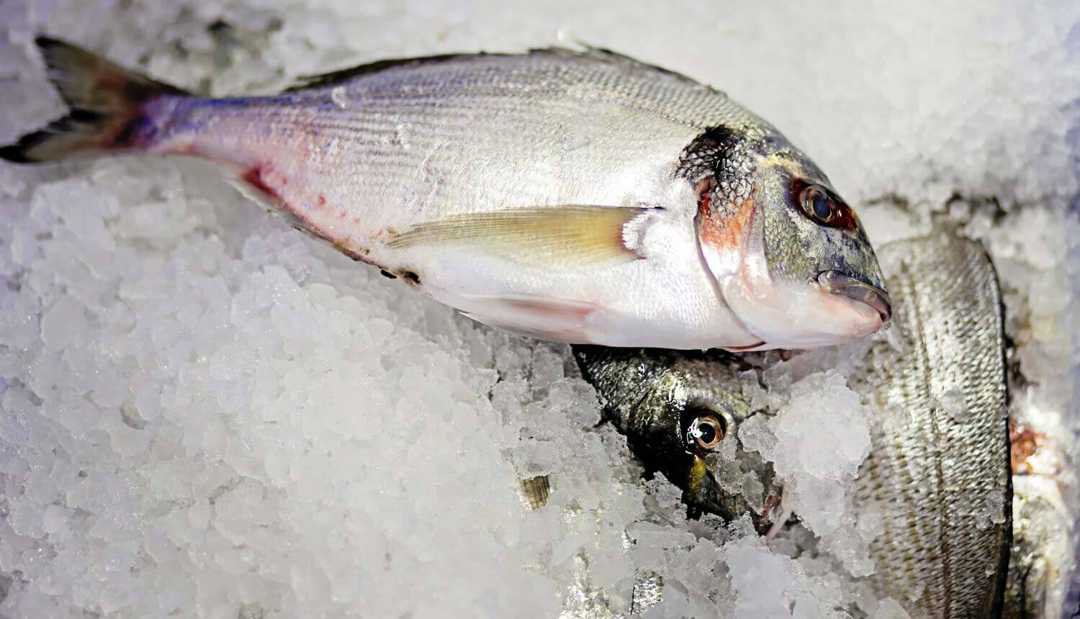Welcome to the summer 2023 newsletter, which aims to cover the June to August period for the supply of fresh and frozen fish and seafood. At the time of writing, we are still waiting for spring to truly bloom! It has certainly been a damp one punctuated with the occasional pleasant day. Hopefully we will all enjoy some long and warm summer days with al fresco dining to make up for the wet spring.
In fishy news, the Marine Conservation Society have released their new ratings with a few interesting changes. Thanks to our director of sustainability – Laky Zervudachi – for his summary of the key movements below:
IMPROVEMENTS
- Line caught and seine netted Atlantic Bluefin tuna have recovered enough, due to a number of years of good management, for the MCS to move them up from a 4 rating to a 3. This means that, for the first time in many years, we will be able to sell Bluefin tuna. Please do consider, however, that accurate sourcing will be all-important to ensure best practice. Please also remember that farmed (ranched) tuna will remain on the red list.
- There have been a number of ray wing species that have improved slightly, but the main species to seek out will be Thornback ray fished off the North Devon Coast where the North Devon coast fishermen’s association have implemented management measures to help conserve stocks. It will be very important to ensure that you select the correct species of Ray, as most other skates and ray are still either red or orange rated. This can be very difficult to be sure of due to the skin almost always being removed.
- Both species of monkfish – black bellied and white bellied – caught in the South West have improved slightly, with otter trawled having moved into the ‘fish to eat category’. Unfortunately, both species remain 4 rated in the Scottish fisheries, so it will be very important to source correctly.
- Dover sole from the South West has been well rated for some time now whilst South Coast dover sole from the east have had a poor rating of 4. This review sees their score improve to a 3. Though there is no specific management plan in place there have been some measures introduced to make the fishery more sustainable such as effort and mesh size restrictions, and this has helped reduce fishing mortality for the first time in a while.
- Global GAP farmed bass and bream have both been upgraded from a 3 to a 2 rating mainly due to the new standard that Global GAP published at the end of 2022. This new standard has an important section on fish feed and on animal welfare meaning that fish with this certification will be raised to an even higher standard than before. Great news for all as a core menu item for many of you!
DOWNGRADES
- Unfortunately, the yellowfin tuna stock in the Indian Ocean has been seriously overfished despite the existence of certain management measures that have not been properly monitored and enforced. There have been a number of Fishery improvement Projects in place in the Indian ocean, but due to the lack of progress in addressing some of the key negative aspects of this fishery it is not possible for them to improve enough within their stated timescale. Therefore the FIP is no longer viewed as credible and has now been downgraded to a 5 rating and the MCS recommends avoiding fish from this source.
- Most of the U5 frozen squid that Direct Seafoods sell is Japanese Flying squid (trawled). This species has now, unfortunately, been downgraded to a 5 rating. Though this is a resilient species there is concern that the fishing pressure is too high – especially as there are virtually no management plans in place in the Chinese sector other than a short seasonal ban on fishing during the summer months for spawning, which tends to be followed by a mad dash to fish resulting in intense exploitation of the marine environment. At one point there was a FIP in place, but this now appears to be inactive so the MCS no longer considers this fishery to be an improver. Bad news.
- Though mackerel in the Northeast Atlantic is still abundant, and management plans are in place, the stock has consistently been over fished and landings have been way above recommended scientific advice. This is mainly due to the number of different countries involved in this fishery not agreeing at political level to stick to total allowable catches. This is now causing the stock to decline and the MCS have now downgraded the fishery to a 3 rating. The hand line fishery in the South West of the UK is still considered a sustainable fishery and has kept its 2 rating.
- Ideally, customers should refrain from putting sardines on the menu when UK caught MSC sardines are out of season as the French and Spanish fisheries in the Bay of Biscay have now been downgraded to a 5 rating due to poor management and concerns over low stock levels and high fishing effort. The local UK caught MSC certified Sardines have maintained their 2 rating and will start to be available from June/July onwards
Therefore, a real mixed bag of good and bad news. However, for those of you who are keen users of farmed bass and bream, an assessment of your volume usage with the new 2 rating will see your overall sustainability credentials improve enormously. Squid remains a real challenge in terms of finding products with better credentials. Rest assured that we are continually seeking out alternative products to satisfy the endless demand for this much-loved species.
So onto a brief overview of the summer months. We are looking forward to the arrival of native lobsters to UK shores. As the Canadian season also reaches full swing, we are hopeful of reductions in the price of both species. Mussels will be out of season until September, and other bivalve molluscs tend to get weaker in the summer months so these are not a great choice. Native oysters are now out of season, but rock oysters will remain okay to use. MSC certified sardines will present from June / July onwards as detailed above. A great summer choice alongside South West caught mackerel – another fantastic summer fish. It is a great time of year for day boat caught native fish, so please keep in touch with your account managers for some superb specials to offer your customers.
Natalie Hudd, Director of Sales, Direct Seafoods.


